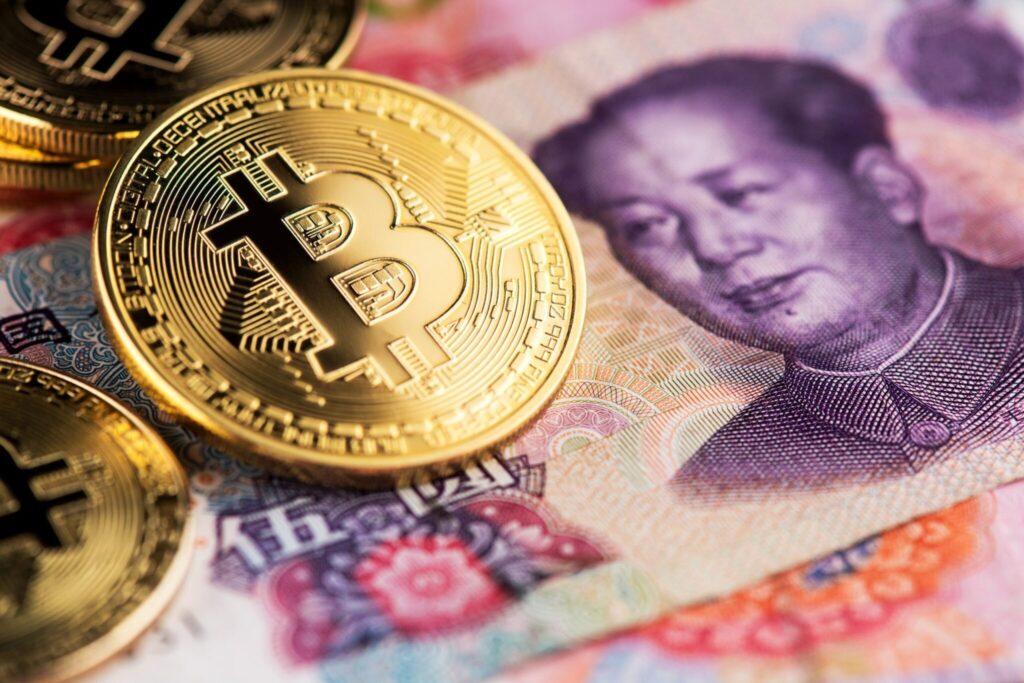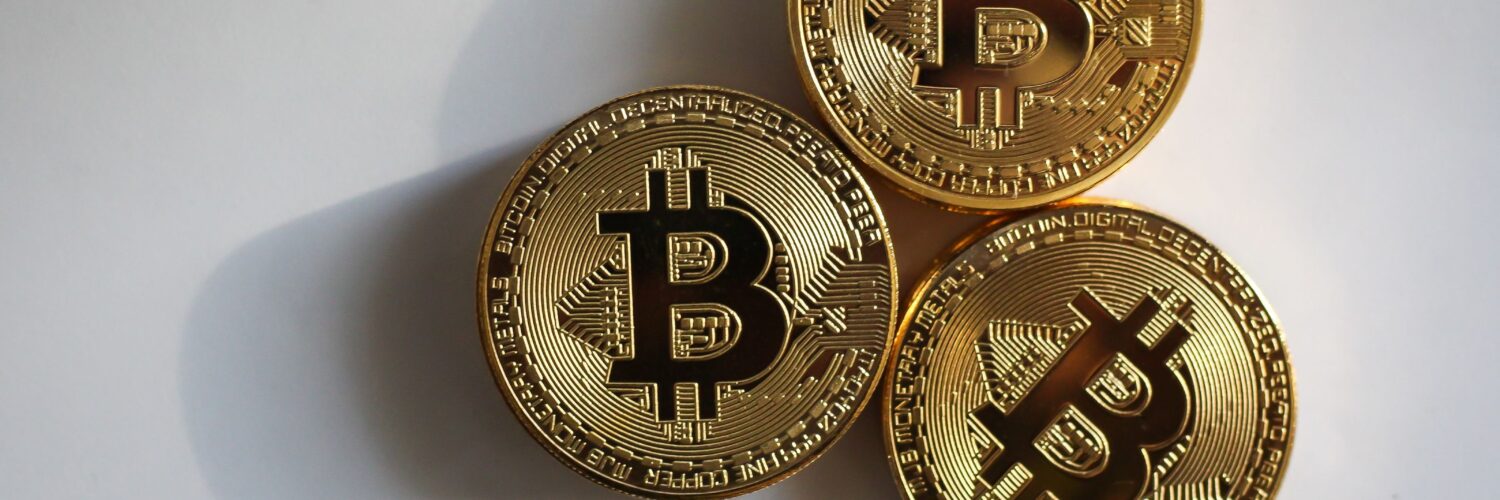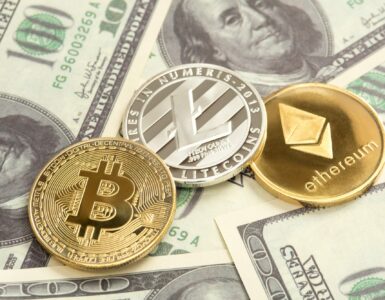Hong Kong’s financial regulators have taken a groundbreaking step by approving spot Bitcoin and Ether exchange-traded funds (ETFs). The Hong Kong Securities and Futures Commission (SFC) granted the green light to three ETF providers: ChinaAMC, Harvest Global, and Bosera International. This move signals a significant shift in the regulatory landscape, as it positions Hong Kong as a potential hub for cryptocurrency investment.
The approval comes at a time when global interest in cryptocurrencies is surging. Investors have been eagerly awaiting the launch of ETFs tied to digital assets, especially Bitcoin and Ether. Unlike traditional ETFs, which track indices or commodities, these new funds will directly hold the underlying cryptocurrencies. This development could pave the way for increased institutional participation in the crypto market and provide retail investors with a more accessible avenue for exposure to digital assets.
As Hong Kong aims to establish itself as a regulated crypto center, questions remain about whether mainland Chinese investors will be able to participate in these ETFs. Additionally, the comparison with the United States is noteworthy: while the U.S. Securities and Exchange Commission (SEC) has yet to approve a Bitcoin ETF, Hong Kong’s green light for an Ether ETF positions it as a potential pioneer in this space. However, asset managers caution that the launch of the Ether ETF may not be immediate, given the complexities involved in managing digital assets within a regulated framework.

Approval by Hong Kong Regulators
The Hong Kong Securities and Futures Commission (SFC) has made a groundbreaking decision by granting approval to three ETF providers—ChinaAMC, Harvest Global, and Bosera International—to launch spot Bitcoin and Ether ETFs. This move represents a significant milestone in the world of cryptocurrency investment. Unlike traditional ETFs that track indices or commodities, these newly approved funds will directly hold the underlying cryptocurrencies, allowing investors to gain exposure to Bitcoin and Ether without the need to hold the digital assets themselves.
The SFC’s green light comes at a time when global interest in cryptocurrencies is soaring. Institutional investors and retail traders alike have been eagerly awaiting the launch of ETFs tied to digital assets. By approving these ETFs, Hong Kong positions itself as a potential hub for crypto investment, competing with other financial centers such as Dubai and Singapore. However, questions remain about whether mainland Chinese investors will be able to participate in these funds. Additionally, the comparison with the United States is intriguing: while the U.S. Securities and Exchange Commission (SEC) has yet to approve a Bitcoin ETF, Hong Kong’s move to approve an Ether ETF could make it one of the first jurisdictions to do so. Despite the excitement, asset managers caution that the launch of the Ether ETF may not be immediate, given the complexities involved in managing digital assets within a regulated framework.
Bitcoin Price Reaction
Following the Hong Kong Securities and Futures Commission’s (SFC) approval of spot Bitcoin and Ether exchange-traded funds (ETFs), Bitcoin (BTC) experienced a notable price surge. At 7:11 a.m. ET, shortly after the approval announcement, BTC’s price increased by approximately 3%. This rebound came after a challenging weekend for the cryptocurrency market.
The approval of these ETFs represents a significant milestone, as it allows investors to gain exposure to Bitcoin and Ether without directly holding the digital assets themselves. Institutional investors and retail traders have been eagerly awaiting such investment vehicles, and Hong Kong’s move positions it as a potential hub for crypto investment. However, it remains to be seen how mainland Chinese investors will participate in these funds. Additionally, the comparison with the United States is intriguing: while the U.S. Securities and Exchange Commission (SEC) has yet to approve a Bitcoin ETF, Hong Kong’s green light for an Ether ETF could make it one of the first jurisdictions to do so. Despite the excitement, asset managers caution that the launch of the Ether ETF may not be immediate, given the complexities involved in managing digital assets within a regulated framework.

Asset Managers’ Efforts
ChinaAMC, one of the approved ETF providers, wasted no time in announcing its approval and outlining its plans. The company is actively working on developing spot Bitcoin and Ether ETFs. These ETFs will allow investors to gain exposure to the two leading cryptocurrencies without directly holding the digital assets themselves. ChinaAMC’s move reflects the growing interest in crypto investment and the desire to provide accessible avenues for both institutional and retail investors.
In addition to ChinaAMC’s efforts, OSL Digital Securities has a crucial role to play. As a custodian for ChinaAMC, OSL will be responsible for safeguarding the digital assets held within the ETFs. Custodians play a vital role in ensuring the security and integrity of the underlying assets, especially in the volatile world of cryptocurrencies. Their expertise in managing digital assets securely is essential for maintaining investor confidence and regulatory compliance.
Hong Kong’s Crypto Ambitions
Despite the challenges faced by the crypto industry globally, Hong Kong is steadfast in its pursuit of becoming a major crypto hub. While digital currency markets have experienced volatility and company collapses, Hong Kong stands out with its proactive approach. Unlike mainland China, where cryptocurrency trading has been effectively banned, Hong Kong is charting a different course.
The Hong Kong Securities and Futures Commission (SFC) plans to introduce new regulations in June, requiring crypto trading platforms to be licensed. This move aims to regulate virtual asset trading platforms and foster a more structured environment for crypto investment. Hong Kong’s commitment to becoming a global crypto center is evident, and it positions itself as a financial giant in Asia, competing with other prominent hubs like Dubai and Singapore12.
Can mainland Chinese investors participate in cryptocurrencies via these newly approved ETFs? While Hong Kong’s regulatory framework is evolving, the accessibility for mainland investors remains uncertain. Nonetheless, some industry experts believe that China may closely observe Hong Kong’s crypto developments and potentially learn from its approach. As the crypto landscape continues to evolve, Hong Kong’s journey could serve as a compass for China’s future policy formulation in this space

Comparison with the U.S.
Hong Kong’s recent approval of spot Bitcoin and Ether ETFs sets it apart from the United States, where the regulatory landscape remains cautious. The U.S. Securities and Exchange Commission (SEC) has yet to approve a Bitcoin ETF, despite growing interest from investors and asset managers. This delay has left many in the crypto community eagerly awaiting a breakthrough.
In contrast, Hong Kong’s proactive approach positions it as a potential pioneer in the ETF space. By granting approval for an Ether ETF, Hong Kong becomes one of the first jurisdictions to take this step. However, asset managers temper expectations, emphasizing that the launch of the Ether ETF may not be immediate. The complexities involved in managing digital assets within a regulated framework require careful consideration. As both regions navigate the evolving crypto landscape, all eyes are on Hong Kong’s progress and the potential impact on global crypto investment.
Conclusion
In the ever-evolving landscape of cryptocurrency investment, Hong Kong’s recent approval of spot Bitcoin and Ether exchange-traded funds (ETFs) marks a significant milestone. The Hong Kong Securities and Futures Commission (SFC) has positioned itself as a potential crypto hub, competing with other financial centers globally. By granting approval to ChinaAMC, Harvest Global, and Bosera International, Hong Kong opens the door for institutional and retail investors to gain exposure to these digital assets without directly holding them.
However, uncertainties remain. While Hong Kong aims to become a regulated crypto center, it remains unclear whether mainland Chinese investors can participate in these ETFs. Additionally, the comparison with the United States highlights the contrasting regulatory approaches. While the U.S. Securities and Exchange Commission (SEC) has yet to approve a Bitcoin ETF, Hong Kong’s green light for an Ether ETF positions it as a potential pioneer. As the crypto market continues to evolve, asset managers caution that the launch of the Ether ETF may not be immediate due to the complexities involved. Nonetheless, the approval signals a new era for crypto investment in Hong Kong, and all eyes are on its progress as it navigates this revolutionary path.





Add comment